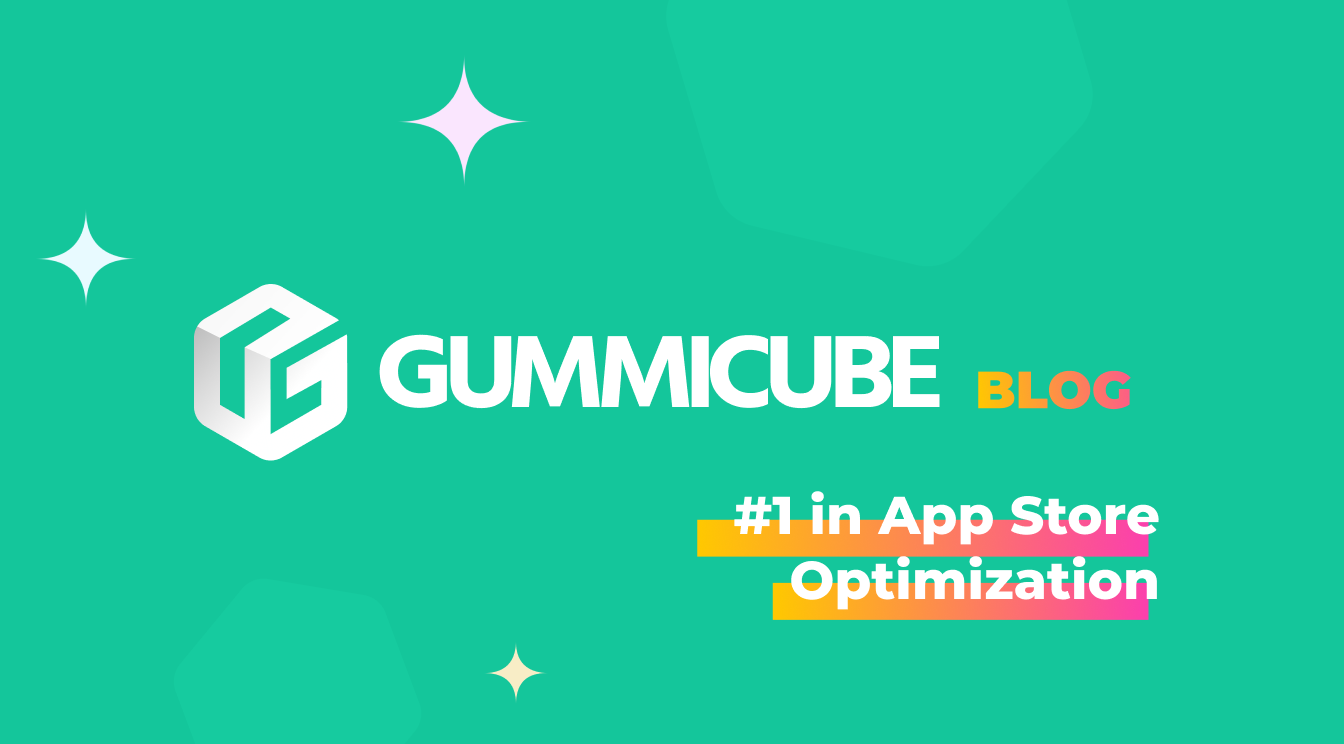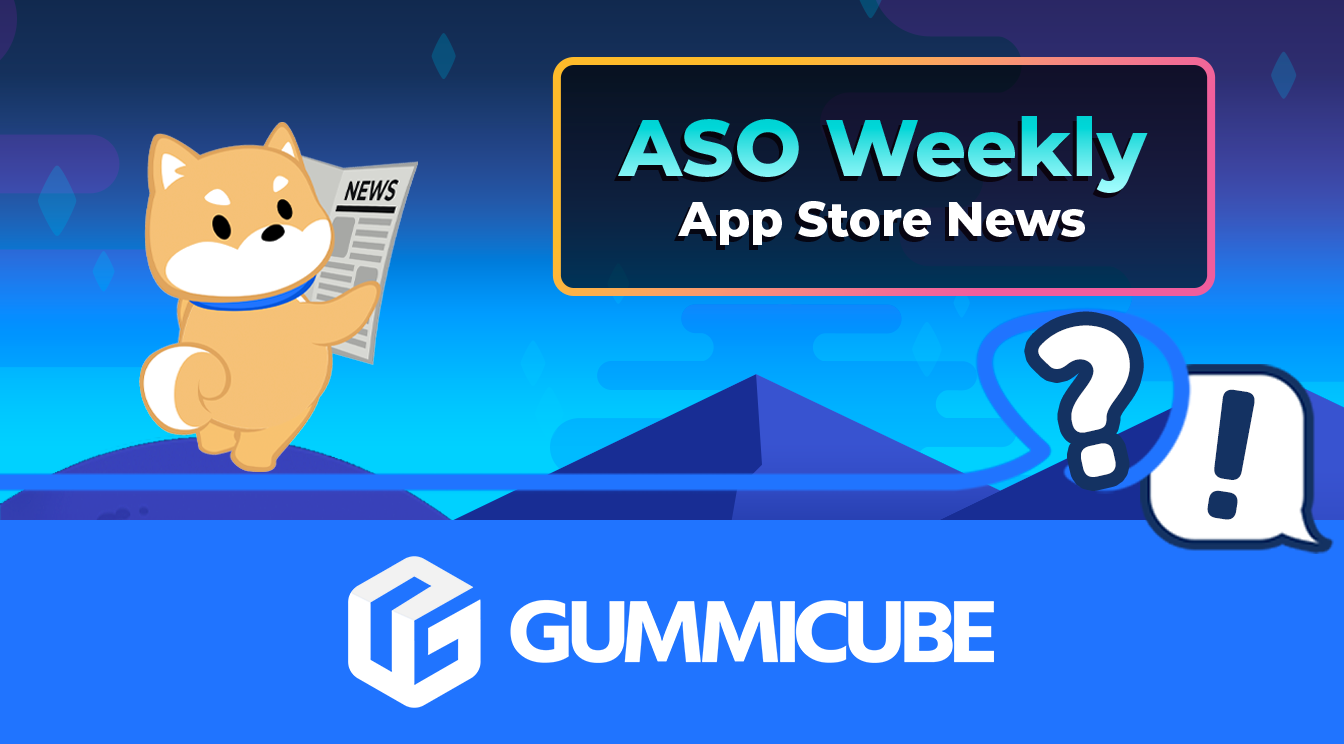
App Store News - Gambling Ads Nixed, New NFT & Crypto App Regulation
Posted on October 28th, 2022
Welcome to this week’s ASO Weekly - The App Store halts gambling ads amidst outcry and the Apple takes a bite out of NFT app sales.

There are many opinions in terms of how to determine the “competition” on a keyword in the App Store. Unfortunately, many of these are derived from concepts from Search Engine Optimization (SEO) and the way mobile search works is very different from web search. We’re here to help debunk all of the myths and assumptions coming from the vast corners of the web and tell you what the facts really are, from people who actually conduct optimizations all day long.
Many ASO tools (and bloggers) will tell you that the number of apps that are listed when you search for a keyword determines competition. The theory here is that the more apps “competing” for a keyword, the harder it will be to rank for that keyword. We understand that optically this is an easy concept for developers to understand (and an easy data concept to sell) however it is completely inaccurate. Just like web SEO your ability to rank for a keyword is determined foremost by the relevance of your app v.s. the keyword that you are targeting. Avoiding “competitive” keywords purely based on the number of apps listed is the worst thing that you can do for your app. You’ll be cutting yourself off from traffic that you may easily obtain if your app is determined to be highly relevant.

Beating out Home Depot for "Home Improvement" keyword
2. Your Description doesn’t matter for App Store search = FALSE The content of your description is a key indicator regarding the context of your application for the purpose of App Store Optimization. When Apple and Google are trying to determine whether your app is stronger than any other for a particular keyword and phrase, the description matters. Don’t discount the importance of a concise first paragraph and a detailed feature listing to justify why you deserve to be ranked for important keywords. Reviews are also an important indicator of which keywords your app might be most important to rank for. Be sure to collect as many reviews and ratings as possible from end users, because this user feedback is weighed highest when determining context for your application v.s the keywords that you choose. There are some great resources to increase reviews for your app organically including: Appirater (organic, from your traffic) Be careful not to incentivize reviews with cash or be taken advantage of by dubious services online that “guarantee 5-star reviews” because frequently Apple and Google track activity of these services and you could land in hot water. Reviews are best when they are organic and not incentivized with cash.
Go broad and stuff with as many diverse keywords as possible = FALSE
Indeed, it is true that you want to maximize your keyword/phrase reach in the App Store, but stuffing your title and keyword list with random words that are perceived to have high volume is the wrong approach. When you are choosing keywords, be sure to select ones that complement each other and will clearly communicate what your top two or three priorities are for the app. Don’t forget that almost 80% of searches in the App Store are 2-3 word phrases, so build in complimentary “connecting” words. This strategy is relevant to competition, because the way that you structure your metadata and select your keywords helps you overcome competition on quality keywords and phrases. Just like the web, where Google makes it “easier” for more relevant websites to rank - the algorithm only understands that you are relevant if you feed it appropriate data. When it is linked together, this data must make sense to the computer that is trying to understand what your app is all about.
Avoid “competitive” keywords and target “lower volume” or “long tail” keywords = FALSE
This advice has no logic whatsoever. While you may get some degree of satisfaction typing a phrase and seeing your app listed near the top, if nobody else is searching for that phrase it is effectively worthless to you. Developers need to focus on making their app relevant where it counts, not ranking for sub-par keywords that won’t really matter in the long run. The sooner you get started targeting the higher volume keywords more aggressively the better you will be in the long run – as long as you know how to maintain your ASO every month. When you take advice for App Store Optimization, it is important to keep in mind where that advice comes from. Often advice will be flavored by what a particular technology or tool can or cannot do, instead of focusing on how the App Store really works. While Gummicube is a technology company (with our own stellar ASO tools!) because we actually conduct optimizations on behalf of partners we don’t have to curb our opinions based on available features of any particular tool. Following this methodology has helped Gummicube make 1000’s of apps successful in App Store search. Give it a try yourself or contact Gummicube today for help with your App Store Optimization!

Welcome to this week’s ASO Weekly - The App Store halts gambling ads amidst outcry and the Apple takes a bite out of NFT app sales.

Welcome to Gummicube’s ASO Top Trends Vol 3 – a quick, one-stop-shop for the latest developments in ASO.

App Growth Summit (AGS) in San Francisco is a once-a-year event where some of the biggest names in the app marketing and mobile marketing industry come together to share industry insights.